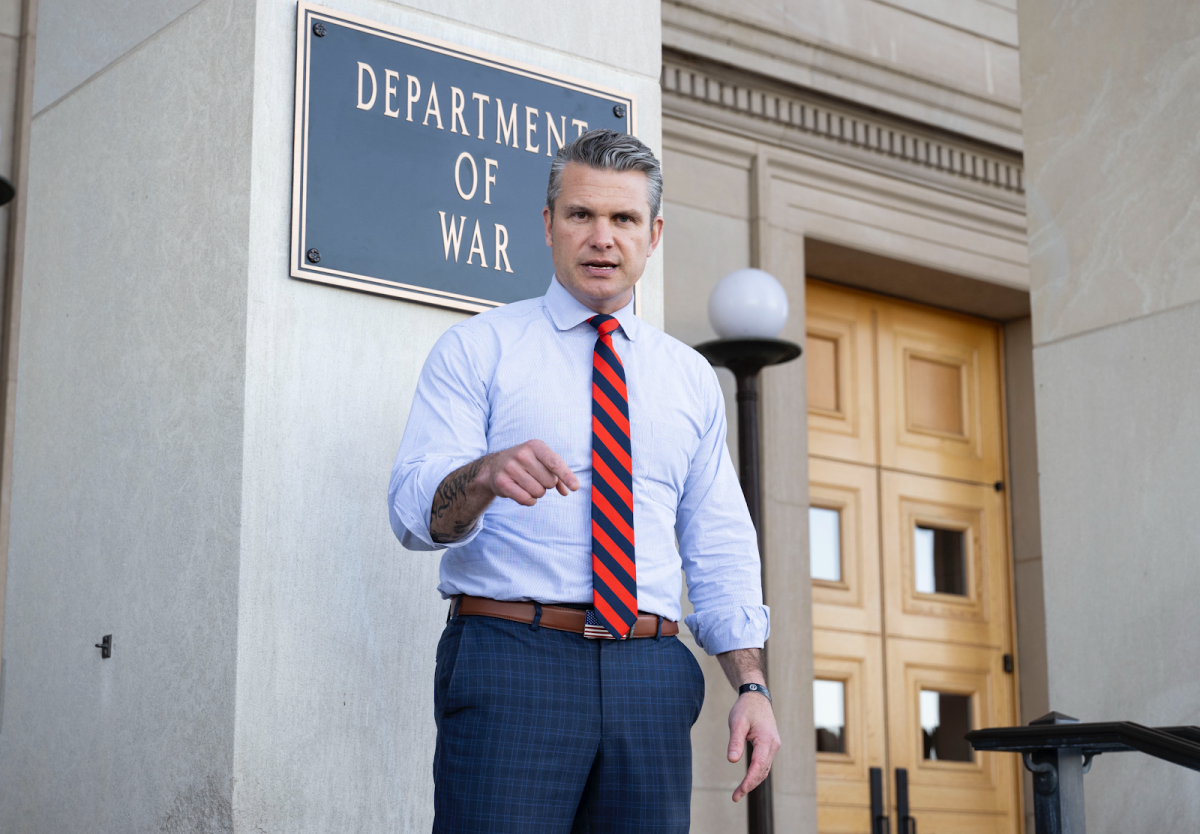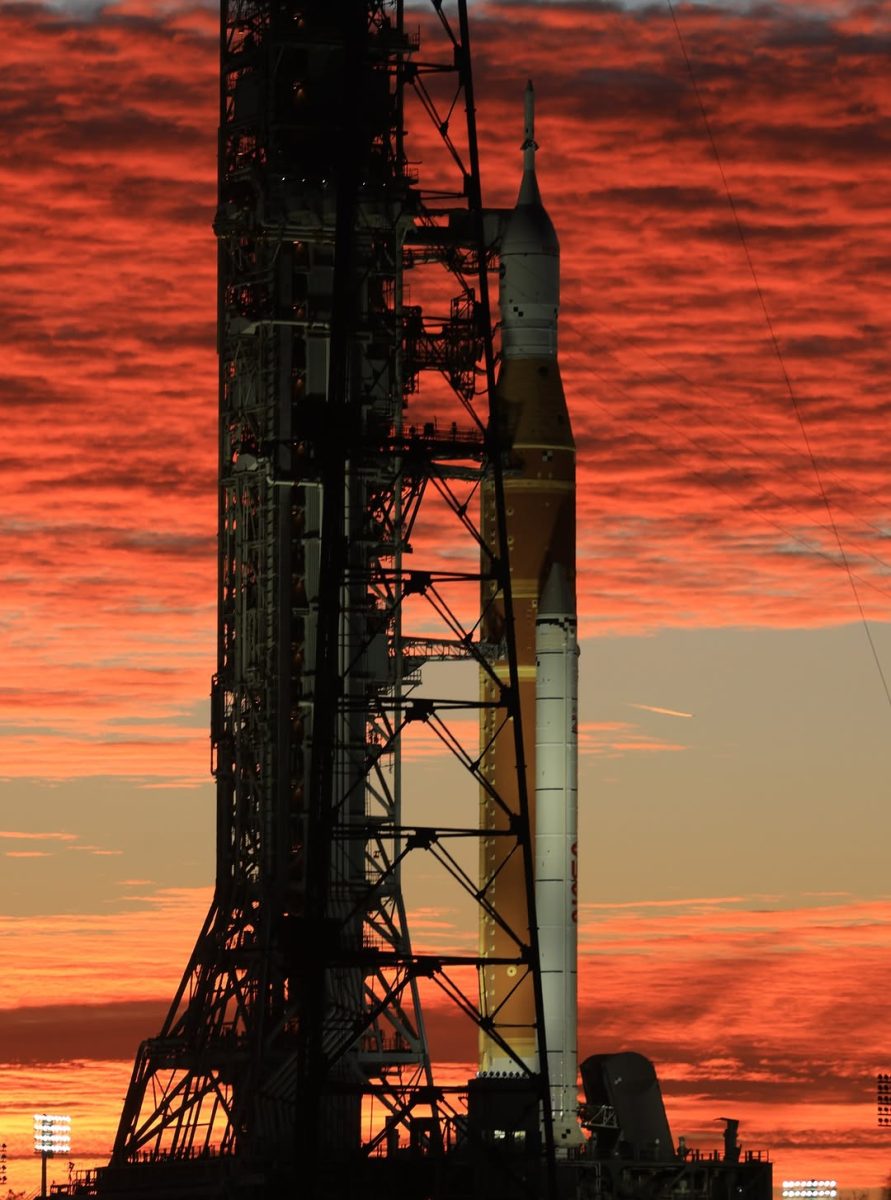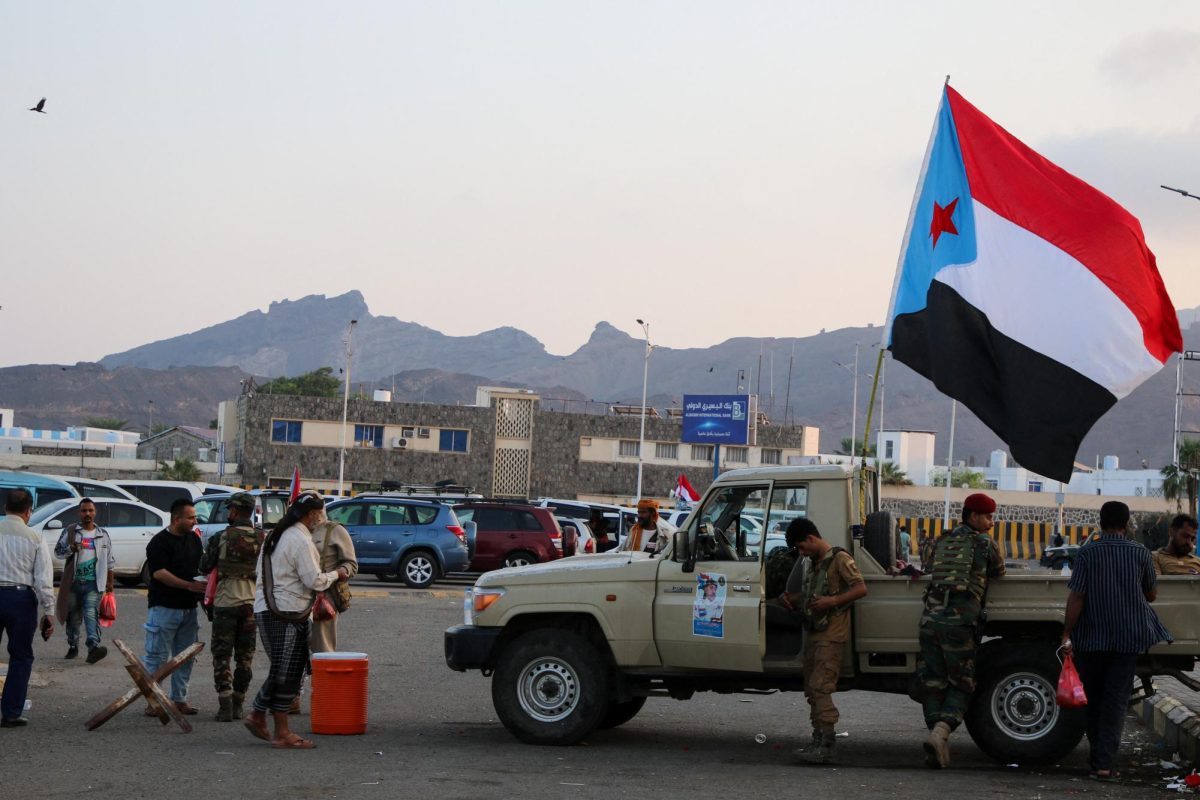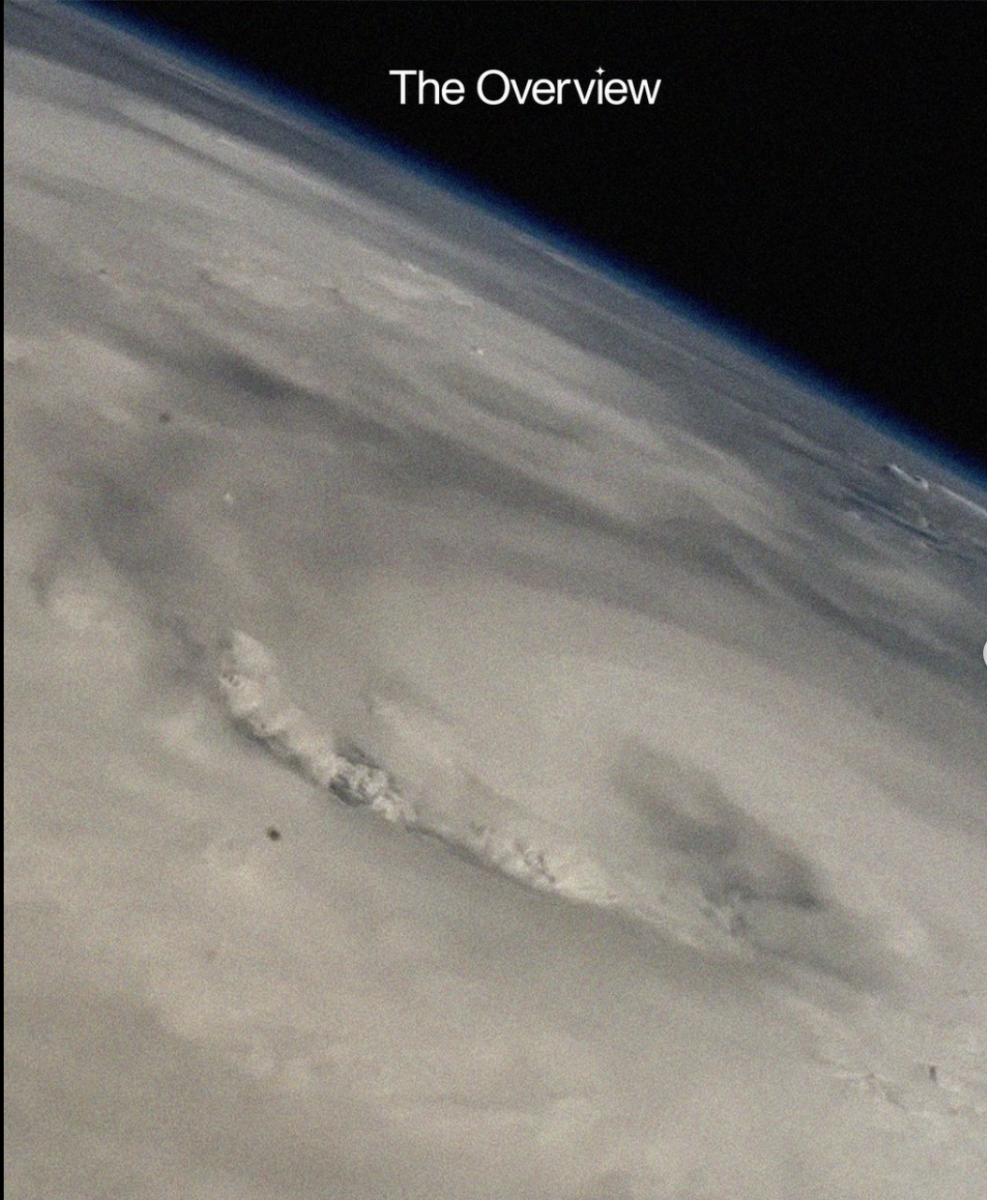In September and October, Hurricane Helene and Milton cleared through multiple vulnerable regions of the United States, causing great destruction in their path. This resulted in an immense amount of global attention, specifically regarding the possible impact of climate change and the political attention drawn to how the government responds during such times when natural disasters are growing more intense.
Both hurricanes provide evidence of such powerful storms impacting the local community and economy. Helene, which first hit land on September 26, was eventually labeled as a Category 4 hurricane powered through the waters in the Caribbean Sea and Gulf of Mexico. Many accredited meteorologists argue that the increased severity of the storm is caused by global warming, which increases the temperature of both bodies of water. Helene mainly hit Florida before extending to Tennessee, Georgia and North Carolina. More than 230 people have died due to the storm, causing an estimated $200 billion in property and infrastructure damage.
On the other hand, Milton made contact with land on October 5 and settled as a Category 5, even greater than Helene, which hit just a few days before. Similarly to Helene, Milton’s origins emerged from the western Caribbean Sea, settled in the Bay of Campeche, Mexico, and made its way to the east. The storm then prompted the outbreak of multiple intense tornados, which resulted in extensive flooding throughout Florida. As of recent information, the storm has killed at least 35 people from the US and Mexico. The total estimate of damages racked up to $85 billion.
Not only have these storms caused destruction, but they have also brought forth attention to a specific phenomenon. There has been a noticeable increase in the intensity and frequency of recent hurricanes, and the impact has reached beyond local communities. The aftereffects of these hurricanes have proved to be far worse than the original impact.
There is no question that a significant factor in the contribution of these intense hurricanes is due to climate change. According to NASA, hurricanes require four main aspects to form and grow stronger: warm ocean water, lots of moisture in the atmosphere, low vertical wind shear and a pre-existing disturbance such as a cluster of thunderstorms. Warmer oceans resemble a power source for hurricanes, allowing them to grow in size and strength. Additionally, as surface temperatures rise, evaporation occurs from the land and the ocean waters. This leads to a surplus amount of moisture in the atmosphere — a hurricane results from spiraling winds that draw moist air into the center. As the air continues to grow warmer due to climate change, hurricanes can hold more water vapor, producing more intense rainfall during storms. With no doubts about human activity’s influence on climate change, Kerry Cedergren, a science teacher at LFA, stated, “Everyone needs to come together to make our environment a priority,” underscoring the need for proactive measures.
Furthermore, these hurricanes have devastating effects on the economy. According to the National Oceanic and Atmospheric Administration (NOAA), each hurricane results in around $22.8 billion in damages. For example, when hurricanes strike crucial agricultural areas, prices of different products fluctuate. This influences the economy throughout the country and can even branch out internationally due to an increase in prices of certain goods or a disruption in supply chains.
In light of these disasters, both Donald Trump and Kamala Harris have stepped up. Donald Trump has criticized federal relief efforts for hurricanes, showing political motivations for his campaign. While he shared a video expressing sympathy for the people of Florida affected by Hurricane Milton, much of his commentary pointed toward federal inefficiency. He accused the federal government of mishandling funds, claiming that the resources that were supposed to be allocated for hurricane relief were low due to its support for migrants. However, Trump offered lodging and accommodation for utility workers at his Doral Resort to prepare for Hurricane Milton. Still, he continued to hold his campaign events primarily in swing states, rather than directly participating in recovery efforts in Florida.
On the other hand, Kamala Harris closely monitored Hurricanes Helene and Milton while focusing on federal rescue and response operations, which were primarily concerned with gathering resources and giving frequent updates. The campaign has promised to utilize their Florida Team to help Floridian residents impacted by the storms and counter false information about FEMA. The Administration has approved over 2.1 billion dollars in Federal assistance to help combat the consequences of Helene and Milton. Harris has actively interacted with the public through media appearances and has attempted to communicate with state officials regarding the response, despite Governor DeSantis’s uncooperation.
Hurricane Helene and Milton have highlighted the detrimental effects of natural disasters, emphasizing the relevancy and influence of climate change and the response of our government. With the oceans getting warmer and weather patterns undergoing change, future hurricanes and other natural disasters will consistently be heavily impacted, causing greater damage than ever before. As these storms persist, the need for proactive measures for climate resilience is more urgent than ever.








































